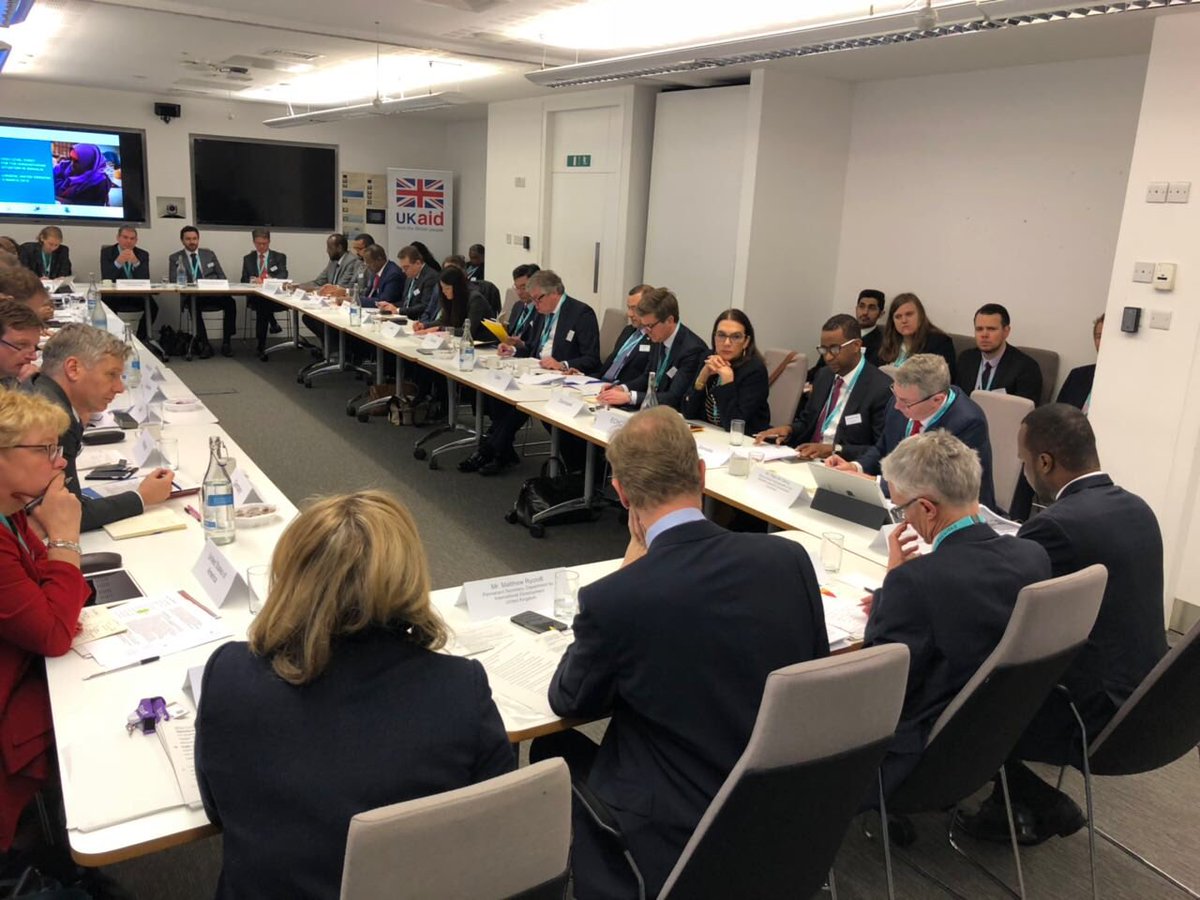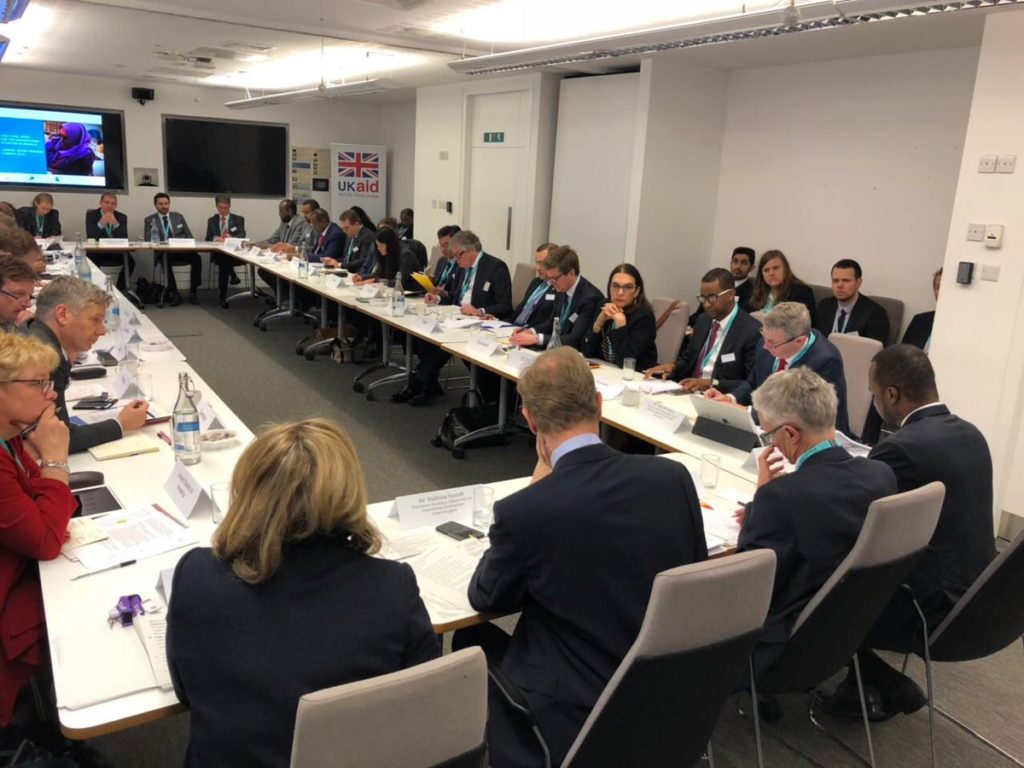London event ups 2018 humanitarian aid for Somalia to $350m

The UN has set a target of $1.5 billion for 2018 humanitarian response

Donors meeting in London this week pushed up humanitarian support for Somalia to hit the $350 million mark as humanitarian agencies call for sustained and increased funding to stave off famine in the Horn of Africa nation.
The UN has set a target of $1.5 billion for 2018 to provide humanitarian support to millions of Somalis who are facing starvation and build on the gains made in 2017 which managed to prevent the country from sinking into another famine.
“With additional commitments made at this meeting, Somalia’s partners have now committed some $350 million USD to the Humanitarian Response for 2018,” a statement from the meeting read in part.
It also noted a number of key donors made clear their intention to confirm substantial new pledges in the next few weeks. “The meeting called for the pledges made to be disbursed quickly, and urged those who have not yet been able to make a pledge to do so as soon as possible.”
Under-Secretary-General for Humanitarian Affairs and Emergency Relief Coordinator, Mr. Mark Lowcock who co-chaired the high level event noted collaboration among all stakeholders was imperative to winning the war against the drought.
“The situation is alarming, but still salvageable.” Said Lowcock. “The relief operation has proved its efficiency and effectiveness, and there is very good collaboration between the Government and its international partners.”
Almost half of the population (5.4 million) is in need of humanitarian assistance with a further half a million projected the face food insecurity, the UN office for Coordination of Humanitarian Affairs (OCHA) has indicated warning the country was still at the risk of a famine.
Stakeholders called for long term solutions to prevent the recurrent state of fragility as a result of climatic conditions but noted actors should not lose sight of the urgent need for humanitarian support.
“We endorse the approach of building long term recovery and resilience solutions that address the root causes of drought and famine and the structural causes of vulnerability and build resilience,” the partners said. “However, this should not come at the expense of continued humanitarian programming which needs to be fully resourced to meet its objectives.”
GOOBJOOG NEWS